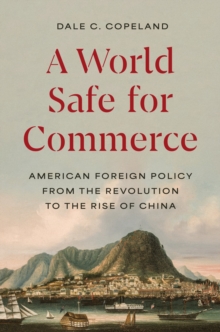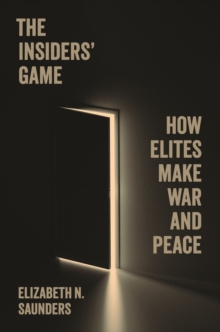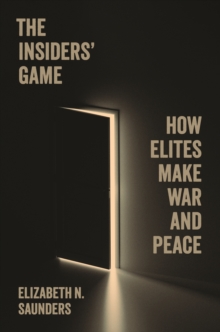
Unanswered Threats : Political Constraints on the Balance of Power Paperback / softback
by Randall L. Schweller
Part of the Princeton Studies in International History and Politics series
Paperback / softback
Description
Why have states throughout history regularly underestimated dangers to their survival?
Why have some states been able to mobilize their material resources effectively to balance against threats, while others have not been able to do so?
The phenomenon of "underbalancing" is a common but woefully underexamined behavior in international politics.
Underbalancing occurs when states fail to recognize dangerous threats, choose not to react to them, or respond in paltry and imprudent ways.
It is a response that directly contradicts the core prediction of structural realism's balance-of-power theory--that states motivated to survive as autonomous entities are coherent actors that, when confronted by dangerous threats, act to restore the disrupted balance by creating alliances or increasing their military capabilities, or, in some cases, a combination of both.
Consistent with the new wave of neoclassical realist research, Unanswered Threats offers a theory of underbalancing based on four domestic-level variables--elite consensus, elite cohesion, social cohesion, and regime/government vulnerability--that channel, mediate, and redirect policy responses to external pressures and incentives. The theory yields five causal schemes for underbalancing behavior, which are tested against the cases of interwar Britain and France, France from 1877 to 1913, and the War of the Triple Alliance (1864-1870) that pitted tiny Paraguay against Brazil, Argentina, and Uruguay.
Randall Schweller concludes that those most likely to underbalance are incoherent, fragmented states whose elites are constrained by political considerations.
Information
-
Available to Order - This title is available to order, with delivery expected within 2 weeks
- Format:Paperback / softback
- Pages:200 pages, 1 halftone. 10 tables.
- Publisher:Princeton University Press
- Publication Date:30/03/2008
- Category:
- ISBN:9780691136462
Information
-
Available to Order - This title is available to order, with delivery expected within 2 weeks
- Format:Paperback / softback
- Pages:200 pages, 1 halftone. 10 tables.
- Publisher:Princeton University Press
- Publication Date:30/03/2008
- Category:
- ISBN:9780691136462










